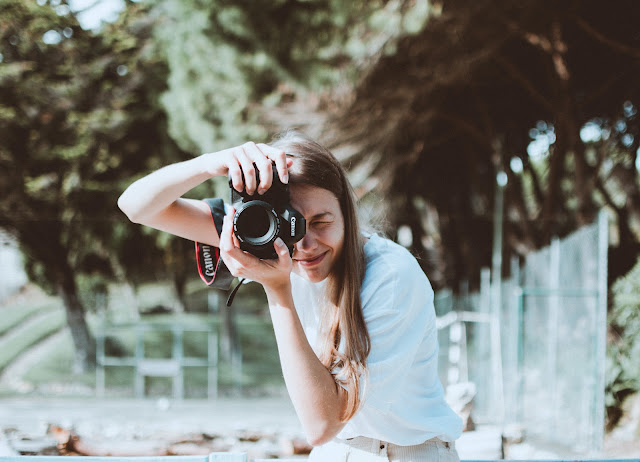You might want to capture the beauty and excitement of your adventures in photos if you love exploring the outdoors. What's the best way to capture beautiful scenery and moments? Below are some tips that will help you improve your outdoor photography skills and produce great photographs to share with friends and family.
1. Plan ahead
Before you go out to adventure, check out the weather and
the environment. Find out what's the best moment of day to visit, what kind of
lighting you can expect, and where the finest scenery spots are. By using of
online tools like Google Maps, The Photographer's Ephemeris, or Photo Pills can
guide you to plan your trip. Make sure you have the right gear, like a tripod,
a waterproof camera bag, extra batteries and memory cards, and a lens cloth.
2. Apply the rule of thirds
One of the simplest and most effective ways to improve your
arrangement is to apply the rule of thirds. This is a technique that separates your frame into nine equal parts using two horizontal and two vertical lines.
The idea is to place the main subject or point of interest along one of these
lines or at one of their intersections. This makes a more rational and dynamic
image than placing the subject in the center. You can also apply the rule of
thirds to align the horizon with one of the horizontal lines, depending on whether
you want to highlight the sky or the ground.
3. Look for leading lines
Another way to create a strong composition is to look for leading lines in your scene. These are rules that guide the viewer's eye towards the main subject or focal point of your picture. They can be realistic or man-made, such as roads, trails, rivers, fences, bridges, or mountains. Leading lines can also make a sense of depth and perspective in your photos, making them more appealing and immersive.
4. Capture movement
One of the most challenging parts of outdoor photography is
capturing the sensation of motion and energy that you confront when discovering
nature. When capturing the motion in your images, you can use different techniques
based on the effect you want to achieve. For illustrate, if you want to freeze-up the
action and show every single part of a moving object, such as a bird or a
waterfall, you can use a fast shutter speed (1/500th of a second or
faster). On the other hand, if you want
to produce a silky and smooth image for clouds or water moving, you may use a
slow shutter speed (1/15th of a second or slower) with a tripod to prevent
camera shaking.
5. Experiment with different angles and perspectives
When taking images outdoors, don't be hesitate to experiment with new angles and viewpoints. To add diversity and interest to your photographs, you may modify your location, height, distance, or orientation. To highlight the size and contour of your subject, for example, go down to the ground and photograph from below. You may also get close to the subject and fill the frame with details and textures. Alternatively, you may provide a bird's eye view of the area by shooting from above.
6. Edit your photos
The next and final stage in producing amazing
photographs of your outdoor adventures is to edit them using software
such as Photoshop or Lightroom. Editing your photographs may help you improve
their colors, contrast, sharpness, and exposure, as well as correct any errors
or distractions. You may also use filters or templates to change the tone or
style of your photos. But be mindful not to overdo it and ruin the originality
and authenticity of your photographs.
These are some guidelines to help you take amazing photos of your outdoor trips. Remember that practice makes perfect, so don't be disheartened if your images don't turn out the way you intended them to at first. Continue to study, experiment, and have fun with your camera!



